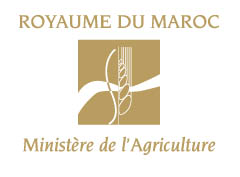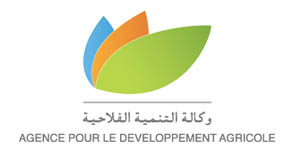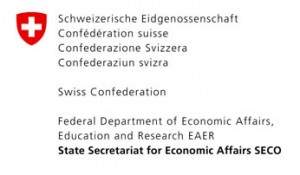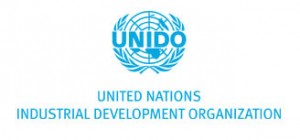The Ministry of Agriculture and Maritime Fishing - Department of Agriculture - is responsible for developing and implementing the Government policy in the field of Agriculture and Rural Development. The new Agriculture Strategy (The Moroccan Green Plan) has been launched in 2008 to ensure a dynamic, scalable and balanced development of the different regions, to exploit the potential for progress and maximize the value potential and to face new challenges while preserving the social and economic balances.
The Moroccan Green Plan is articulated around a comprehensive approach that covers all players according to their own objectives. It is developed around two main pillars: pillar 1 aims to develop a modern agriculture with high productivity and high value added (milk, meat and poultry and cereals), while pillar 2 focuses on inclusive agriculture in marginal areas (unfavorable rain fed areas, mountain or oasis), taking into consideration the preservation of natural resources.



